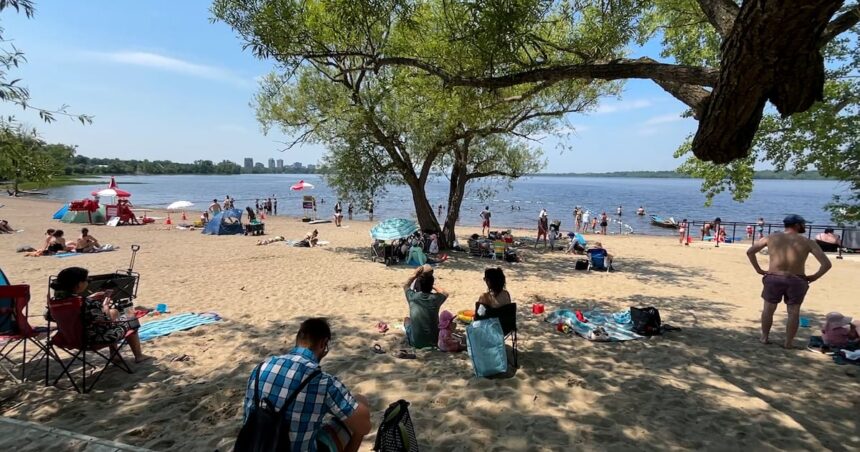As Ottawa braces for another scorching summer, health officials are warning residents to prepare for intense heat waves, pesky insects, and other seasonal hazards that could impact wellbeing. With temperatures already climbing into the high twenties, Ottawa Public Health (OPH) has released comprehensive guidelines to help citizens navigate the coming months safely.
“We’re expecting periods of extreme heat this summer, which can be particularly dangerous for vulnerable populations,” explains Dr. Vera Etches, Ottawa’s Medical Officer of Health. “Heat-related illnesses are entirely preventable with proper precautions.”
The city’s health department emphasizes staying hydrated by drinking plenty of water before feeling thirsty. Experts recommend carrying a refillable water bottle when venturing outdoors and limiting caffeine and alcohol consumption, which can accelerate dehydration. Scheduling outdoor activities during cooler parts of the day – before 10 a.m. or after 6 p.m. – significantly reduces heat exposure risk.
For those without air conditioning, OPH advises spending time in air-conditioned public spaces like shopping malls, libraries, or community centers. The city also maintains cooling centers during heat warnings, providing relief particularly for seniors, young children, and those with chronic health conditions.
The warmer weather has also triggered concerns about insect-borne diseases. Ottawa’s tick population continues to expand, bringing increased risk of Lyme disease. “Prevention is key – wear light-colored clothing that covers exposed skin when in wooded areas, use insect repellent containing DEET or icaridin, and perform thorough tick checks after outdoor activities,” advises Dr. Etches.
West Nile virus, transmitted by mosquitoes, represents another seasonal concern. Health officials recommend eliminating standing water around homes where mosquitoes breed and using window screens to prevent insects from entering homes.
Food safety takes on heightened importance during summer months. “Bacterial growth accelerates significantly in warm temperatures,” explains Dr. Cameron Janes, Associate Medical Officer of Health. “Keep perishable foods refrigerated until ready to consume, and don’t leave them unrefrigerated for more than two hours – or one hour when temperatures exceed 30 degrees Celsius.”
Ottawa’s beaches present popular cooling options, but water quality can fluctuate. OPH conducts regular testing at public beaches and posts real-time results online. Swimming in areas with elevated E. coli levels can cause gastrointestinal illness, eye infections, and skin rashes.
Sun protection remains crucial for preventing both short-term burns and long-term skin damage. Health experts recommend applying broad-spectrum sunscreen with minimum SPF 30, reapplying every two hours or after swimming, and seeking shade during peak UV hours.
For families with children, maintaining summer safety requires additional vigilance. “Never leave children unattended near water, even for a moment,” urges Dr. Janes. “And remember that playground equipment can reach temperatures that cause burns on hot days.”
As climate change intensifies extreme weather patterns, Ottawa’s emergency preparedness officials also encourage residents to develop household emergency plans and assemble basic emergency kits with water, non-perishable food, medications, and essential documents.
With proper precautions, Ottawa residents can enjoy the season’s opportunities for outdoor recreation while minimizing health risks. As we navigate increasingly unpredictable summer conditions, how will individual preparation and community support systems need to evolve to protect our most vulnerable populations?

























